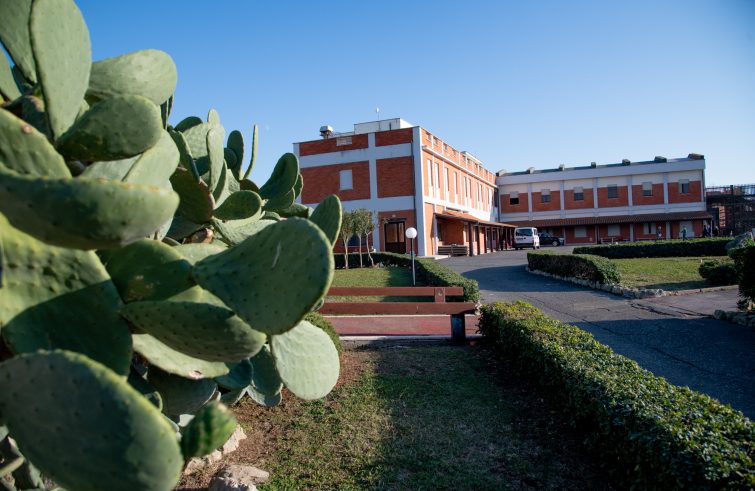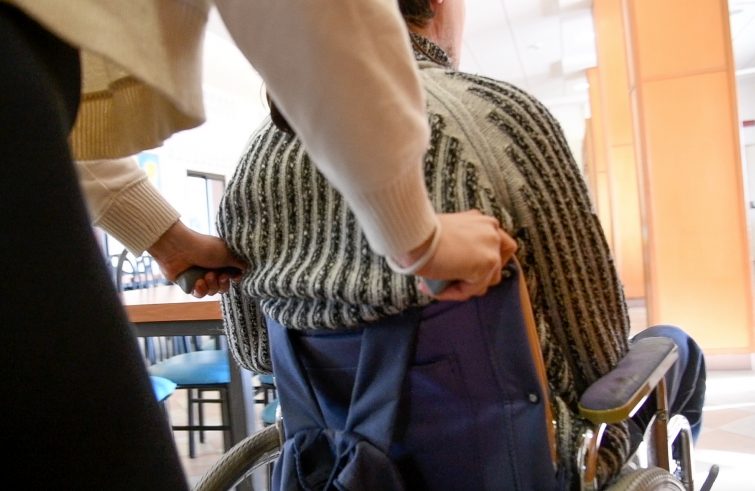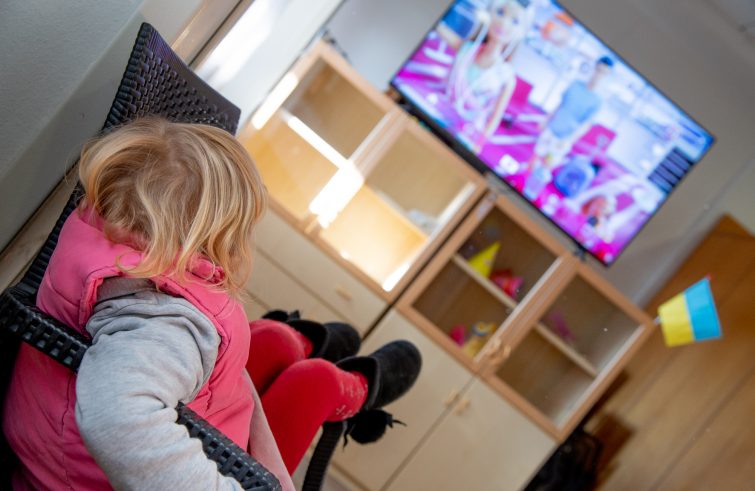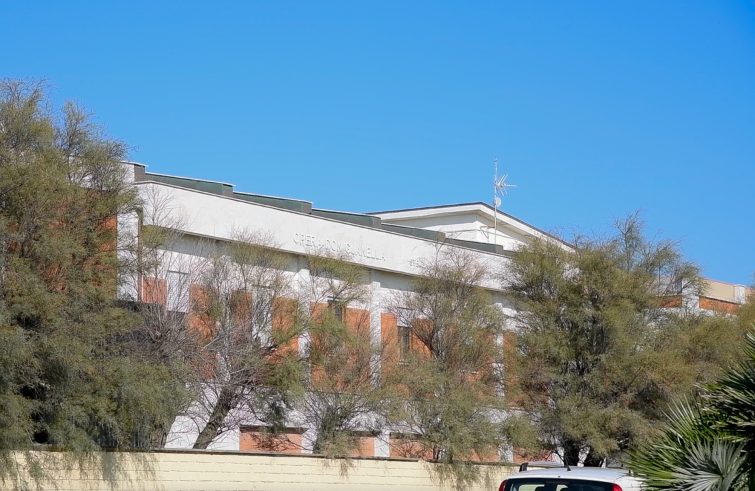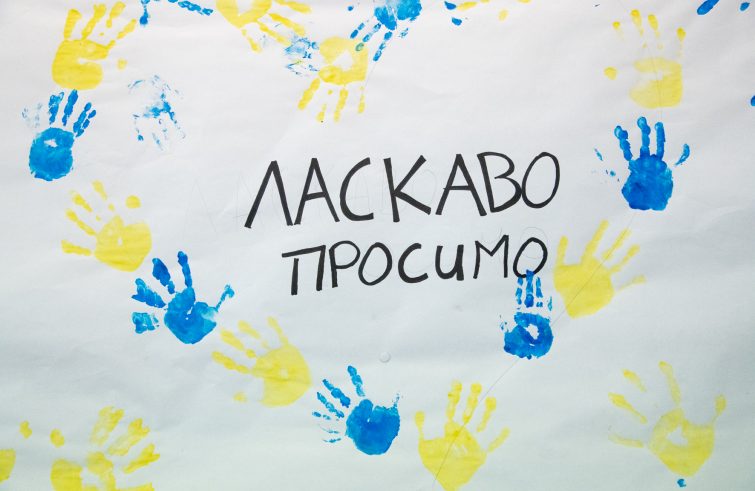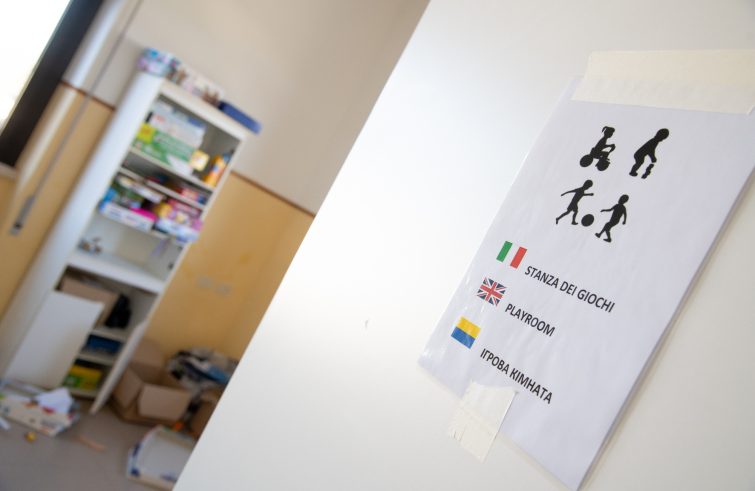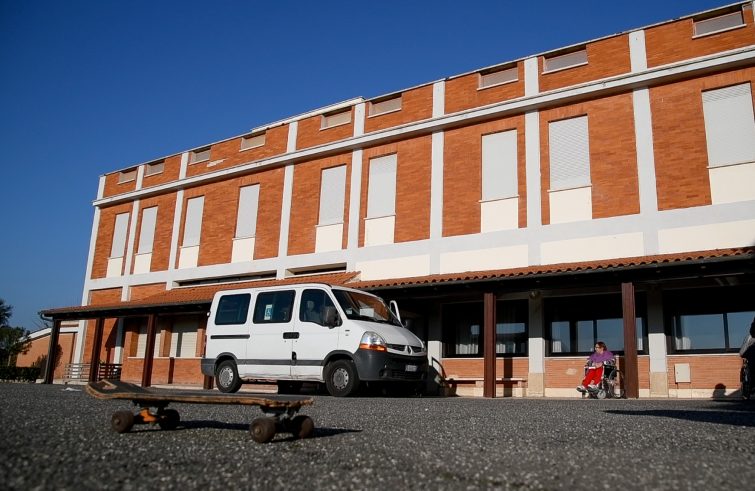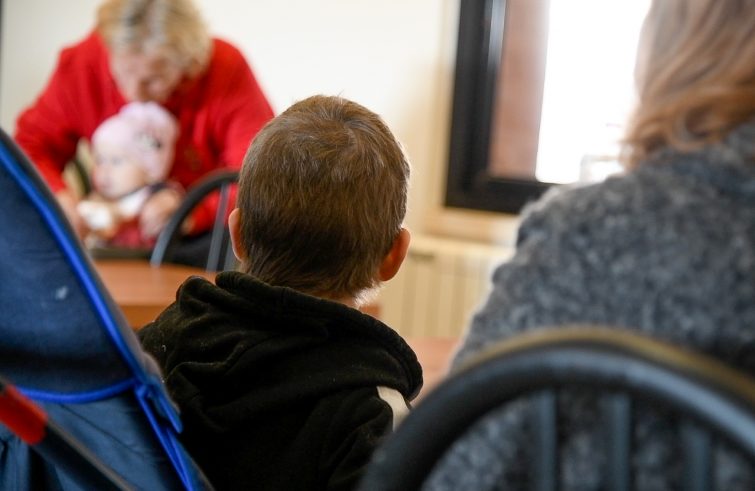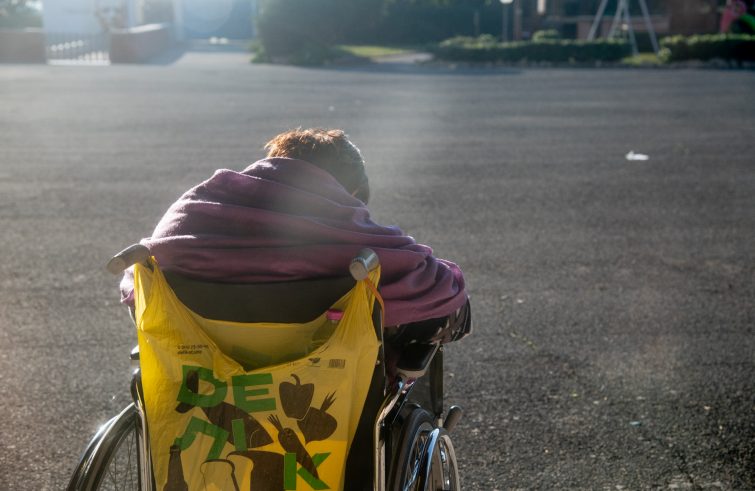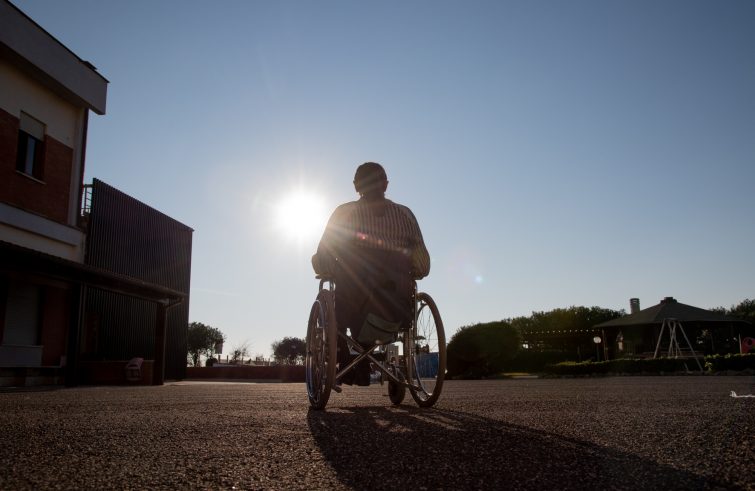
Daily challenges intensify in the face of harsh conditions such as those caused by the war in Ukraine, where even people with disabilities or with severe health conditions suffer the attacks from Russian forces. The first images of people fleeing Kyiv, Zaporizhzhia and other war-torn areas are still vivid, including those of soldiers helping people in wheelchairs cross the river after Putin’s military blew up the bridge.
“We fled Ukraine on March 20, and we arrived in Italy on April 4. Our city is under occupation. It has been destroyed, our house was badly damaged and we don’t know if it will be restored or demolished,”
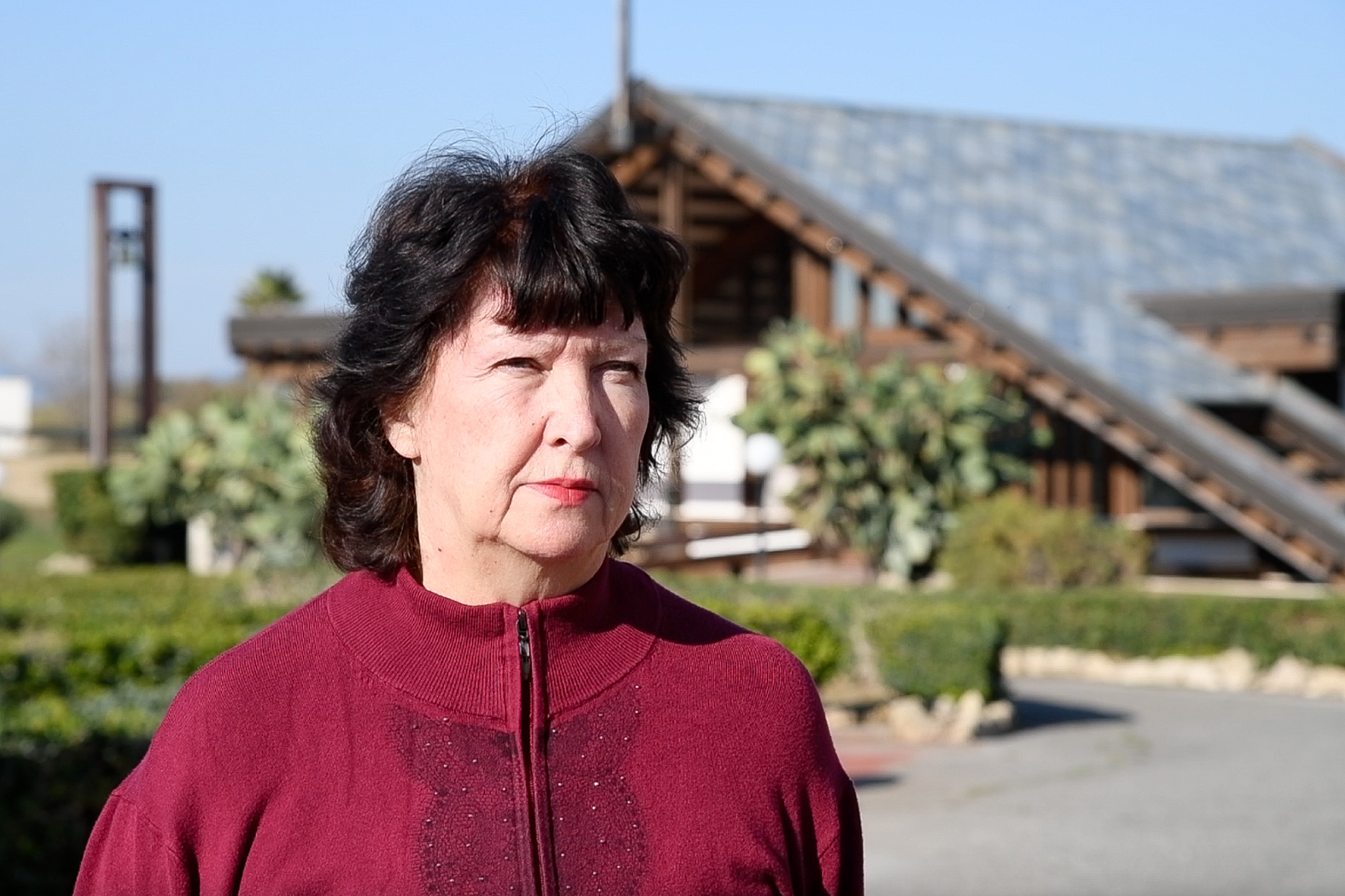 says Margherita, mother of Maxin, her 44-year-old wheelchair-bound disabled son. She fled from Sjevjerodonec’k, in the Luhans’k oblast. After having found immediate shelter in the reception facilities provided by ‘Suam-Sportello unico per l’accoglienza migranti di Roma Capitale’ (the Immigration Desk of Rome’s Administration), she is now housed in the Opera Don Guanella facility in the village of Passoscuro on the outskirts of Rome, along with 37 Ukrainians with disabilities and health issues who have fled the war.
says Margherita, mother of Maxin, her 44-year-old wheelchair-bound disabled son. She fled from Sjevjerodonec’k, in the Luhans’k oblast. After having found immediate shelter in the reception facilities provided by ‘Suam-Sportello unico per l’accoglienza migranti di Roma Capitale’ (the Immigration Desk of Rome’s Administration), she is now housed in the Opera Don Guanella facility in the village of Passoscuro on the outskirts of Rome, along with 37 Ukrainians with disabilities and health issues who have fled the war.
“Giving them hospitality was a real eye-opener for us. It brought to the fore personal experiences that almost seemed fictional when viewed on TV. But in fact there are people here who went through the war and are now living this situation, which remains a beautiful and touching story”,
- Foto Calvarese/SIR
- Foto Calvarese/SIR
- Foto Calvarese/SIR
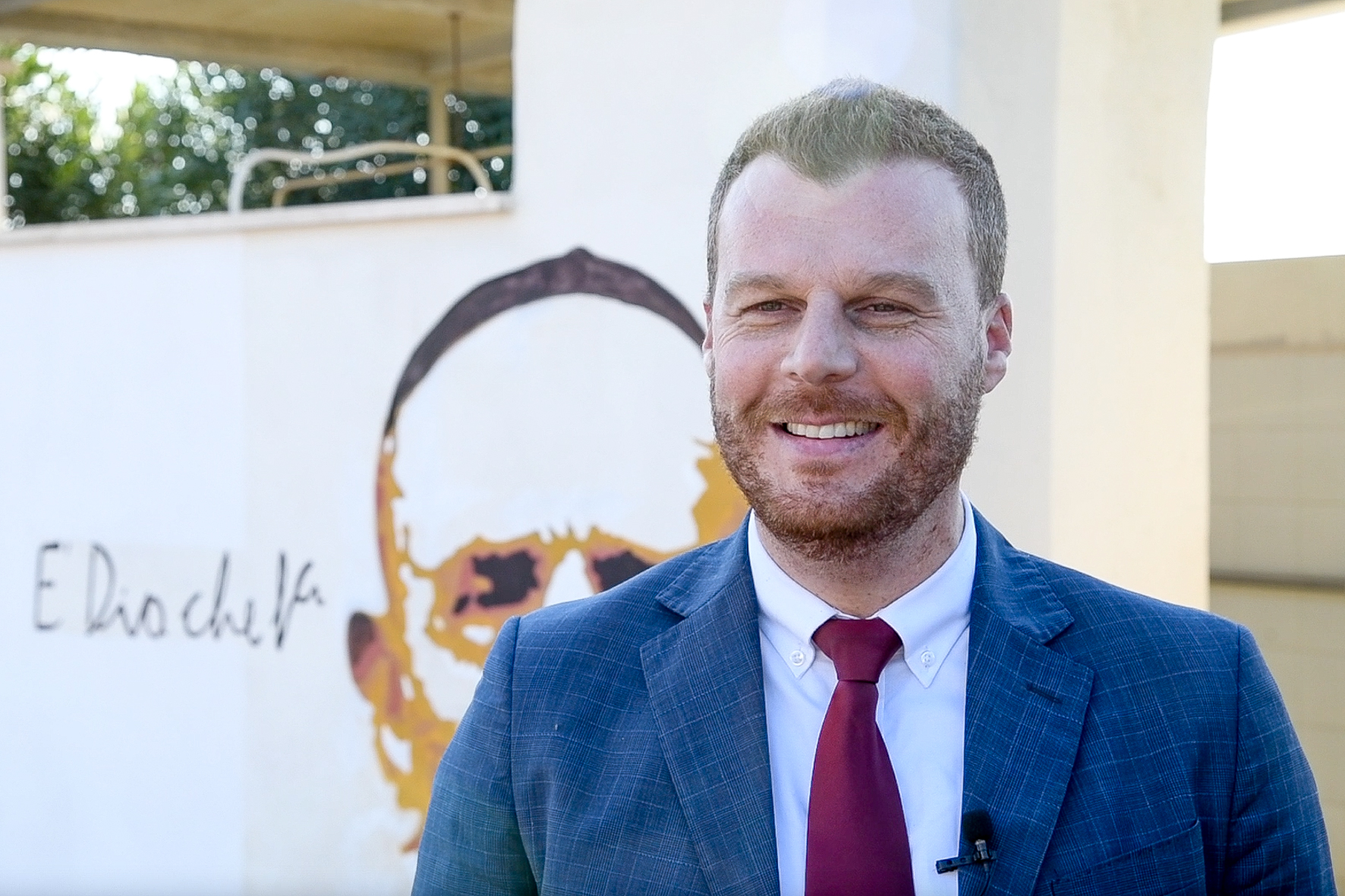 said Francesco Cannella, director of the Don Guanella Saint Joseph reception facility. He received a positive feedback from the customary guests, he says he is proud of being able to make available a facility that provides daily care to 400 persons with disabilities, including children and under-12 year olds with intellectual disabilities. “I like this place very much, even though it has been a very hot summer. If I manage to adapt to the Italian climate I could remain in Italy: the city I come from is not liveable any more. My son Maxim likes living in Italy and in Rome, with its thousand-years-old history”, explains Margherita. So far, she has seen Rome only through the windows of the minibus with which Opera Don Guanella staff and volunteers accompany people every day from the village of Passoscuro to Rome, for medical examinations and treatments, including those for children with cancer at the Bambino Gesù Hospital.
said Francesco Cannella, director of the Don Guanella Saint Joseph reception facility. He received a positive feedback from the customary guests, he says he is proud of being able to make available a facility that provides daily care to 400 persons with disabilities, including children and under-12 year olds with intellectual disabilities. “I like this place very much, even though it has been a very hot summer. If I manage to adapt to the Italian climate I could remain in Italy: the city I come from is not liveable any more. My son Maxim likes living in Italy and in Rome, with its thousand-years-old history”, explains Margherita. So far, she has seen Rome only through the windows of the minibus with which Opera Don Guanella staff and volunteers accompany people every day from the village of Passoscuro to Rome, for medical examinations and treatments, including those for children with cancer at the Bambino Gesù Hospital.
- Foto Calvarese/SIR
- Foto Calvarese/SIR
- Foto Calvarese/SIR
“The Don Guanella Centre is highly valued. Owing to their experience with disabled persons they can best respond to the new challenges”,
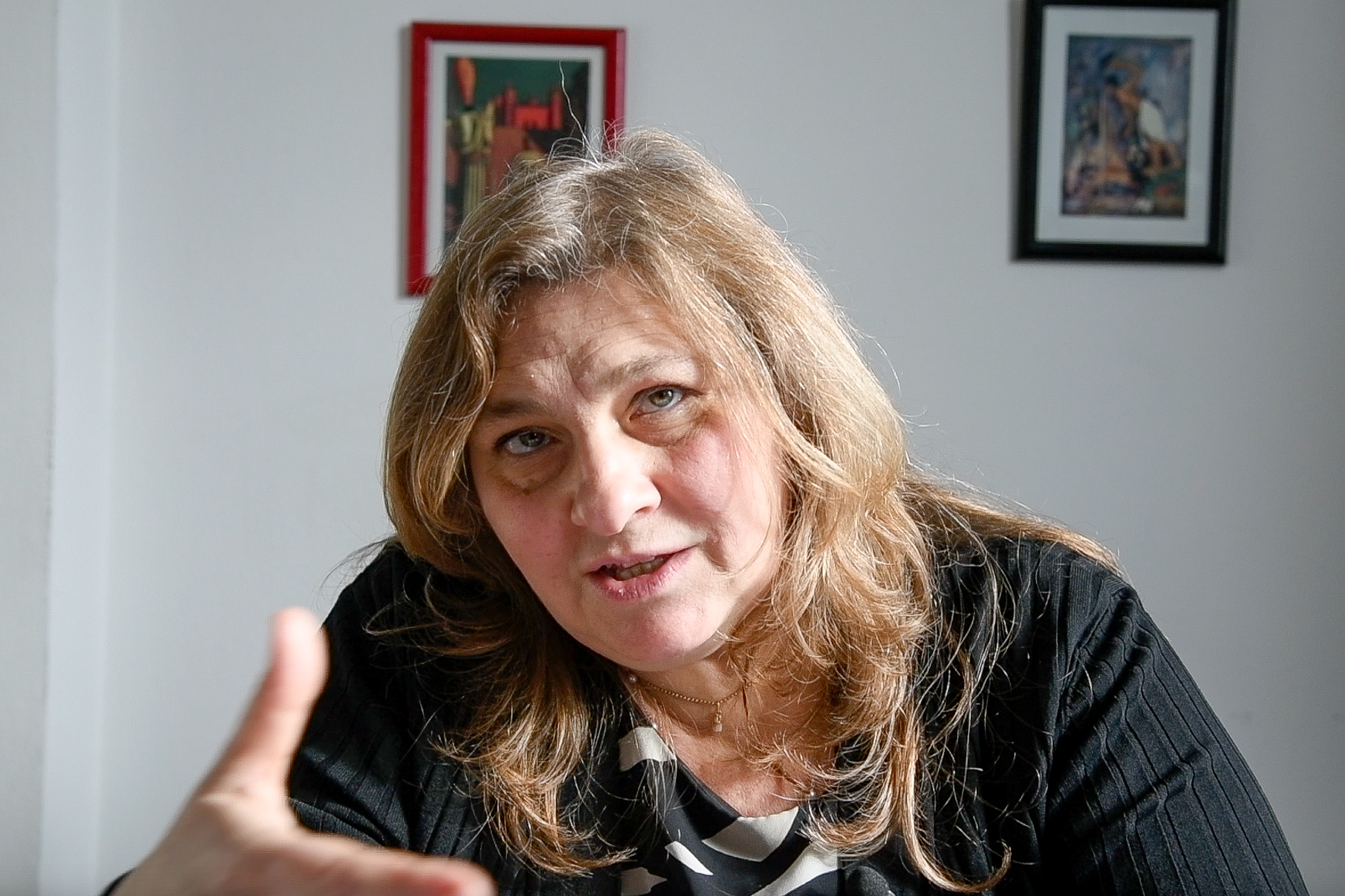 said Rosa Aquilina, a social worker in charge of organisation at the Department for Technical and Administrative Coordination of Social Inclusion Services of Rome’s City Council. She told us about the project titled “Tutto il mondo è Paese” (‘The world is the same wherever you go’), launched in September 2022, which led to the selection of local facilities that can best accommodate people with disabilities and health conditions.
said Rosa Aquilina, a social worker in charge of organisation at the Department for Technical and Administrative Coordination of Social Inclusion Services of Rome’s City Council. She told us about the project titled “Tutto il mondo è Paese” (‘The world is the same wherever you go’), launched in September 2022, which led to the selection of local facilities that can best accommodate people with disabilities and health conditions.
“The real difficulties stem from the fact that our guests are increasingly affected by health issues. Owing to financial difficulties, they had no medical screening tests for years and now need intensive health care as a result”,
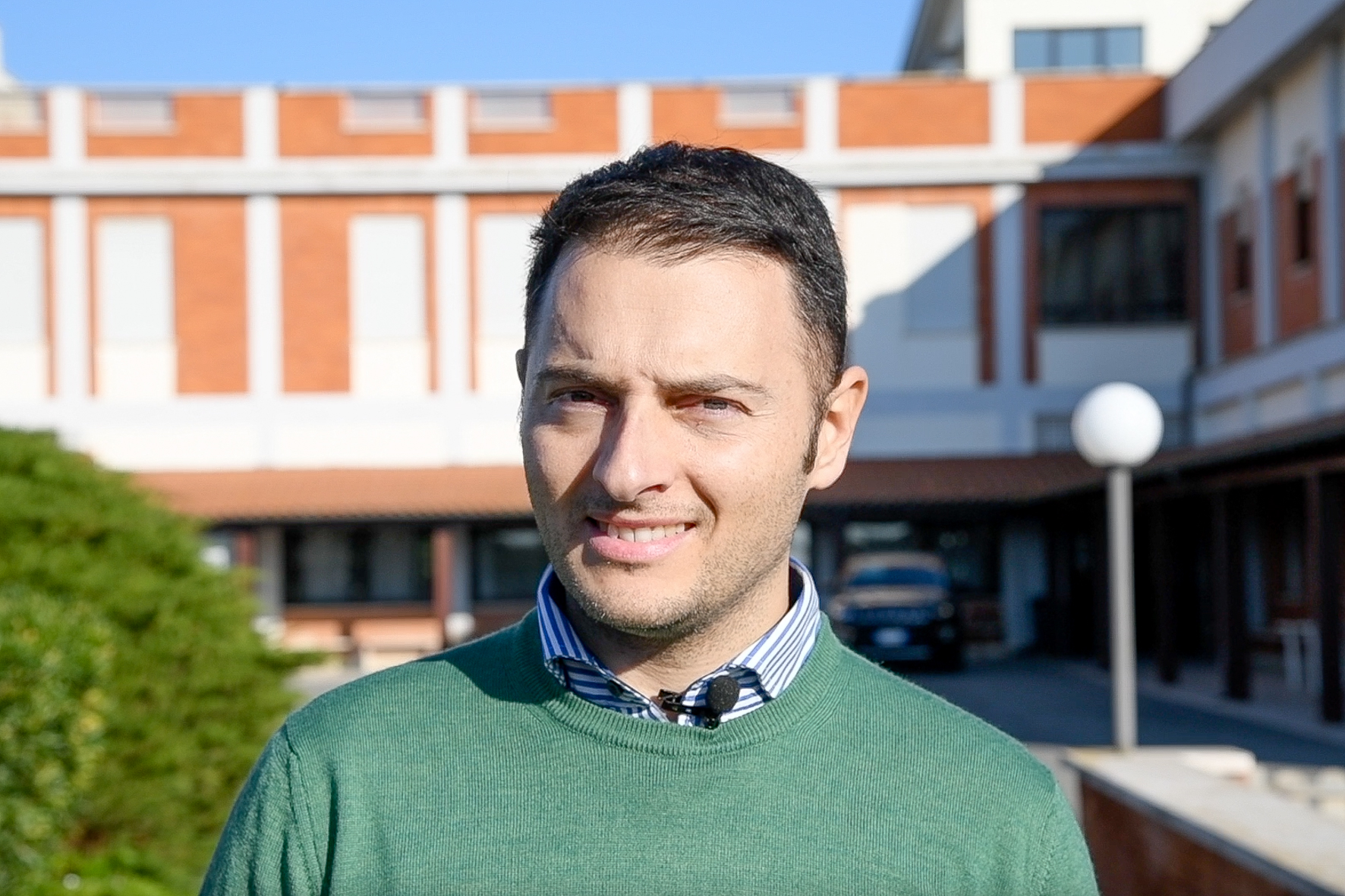 says Raffaele Apreda, administrative director of the Opera Don Guanella rehabilitation centre in Rome, in charge of the accommodation project for Ukrainians in the village of Passoscuro. Every day a doctor provides general medical examinations at the Opera Don Guanella summer structure, but services extend beyond this. They include a refectory, and the children regularly attend elementary and secondary schools, while others attend classes held online in a Ukrainian school through distance learning, in addition to Italian language courses, help with their homework and recreational activities for younger children.
says Raffaele Apreda, administrative director of the Opera Don Guanella rehabilitation centre in Rome, in charge of the accommodation project for Ukrainians in the village of Passoscuro. Every day a doctor provides general medical examinations at the Opera Don Guanella summer structure, but services extend beyond this. They include a refectory, and the children regularly attend elementary and secondary schools, while others attend classes held online in a Ukrainian school through distance learning, in addition to Italian language courses, help with their homework and recreational activities for younger children.
- Foto Calvarese/SIR
- Foto Calvarese/SIR
- Foto Calvarese/SIR
“The city of Rome will continue offering support to these people until their safe return home, provided they wish to return. If not, we are available to support them throughout all stages of their future,” Rosa Aquilina went on, taking pride in the numerous projects and helpdesks providing comprehensive assistance, ranging from psychological counselling to legal, educational and linguistic support, especially for the neediest among those in need, financially supported by funds made available by the Ministry of the Interior for the beneficiaries of international protection, including the Ukrainian community, through the reception and integration scheme ‘Sai-Sistema accoglienza ed integrazione’. The sound of the nearby seashore, the garden, the playground and all-round care and attention, however, are not enough to dispel the sadness in the eyes of these people who cannot and do not want to stop thinking about their tormented Ukraine, as Pope Francis never fails to remind us on every occasion, evidenced by Margherita’s last words before bidding us goodbye: “I have two nephews. They are my sister’s sons. One of them is in the army and is currently at war. I am extremely worried for him, I say a prayer for him every morning as soon as I wake up.”

